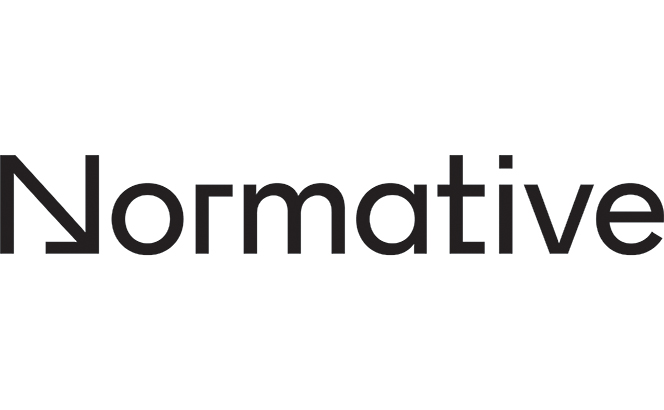
Nathan Peart, managing director at Major, Lindsey & Africa, says firms must become flexible or lose their best associates.
Without much choice, the legal industry got flexible last year. Even firms that snubbed working from home pre-pandemic had to get on board. Through the lens of recruitment, this has laid bare the realities of law firm life – without the fancy offices, wining and dining and team camaraderie, associates have reflected on the core of their job and what they get in return for mounting workloads and blurring lines between work and home. Many are questioning whether their firm is all it is cracked up to be.










